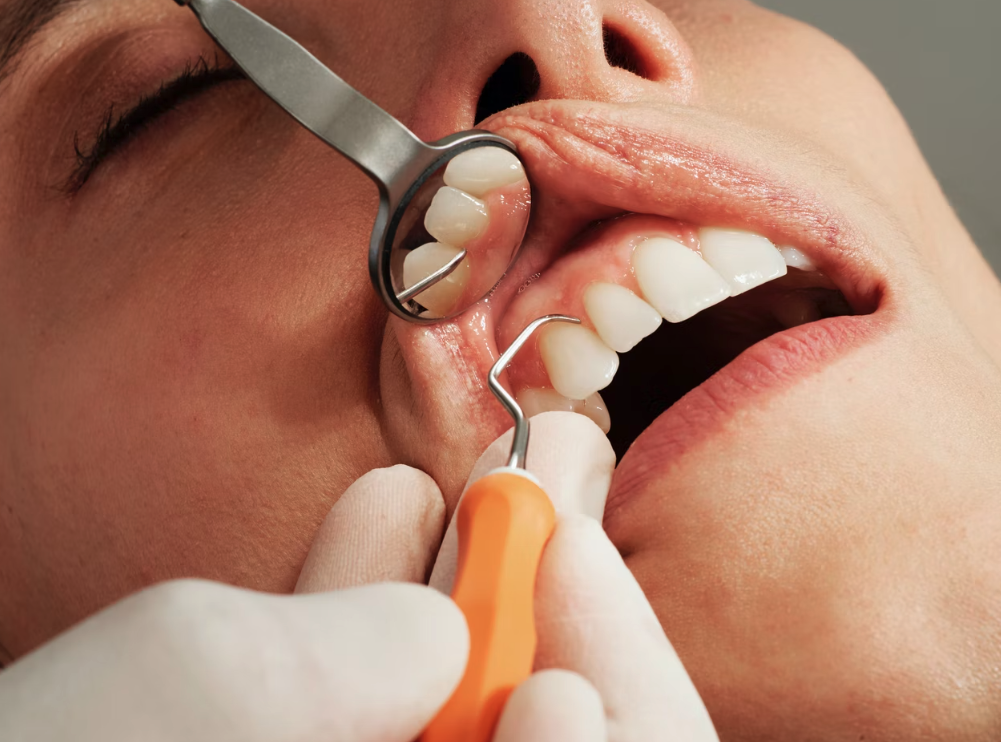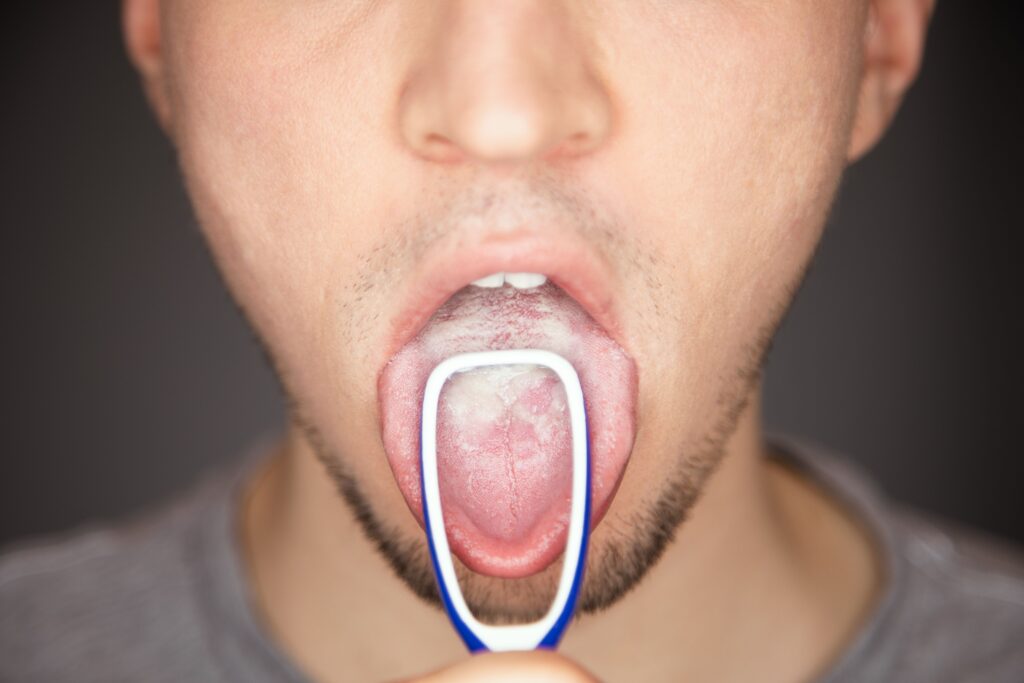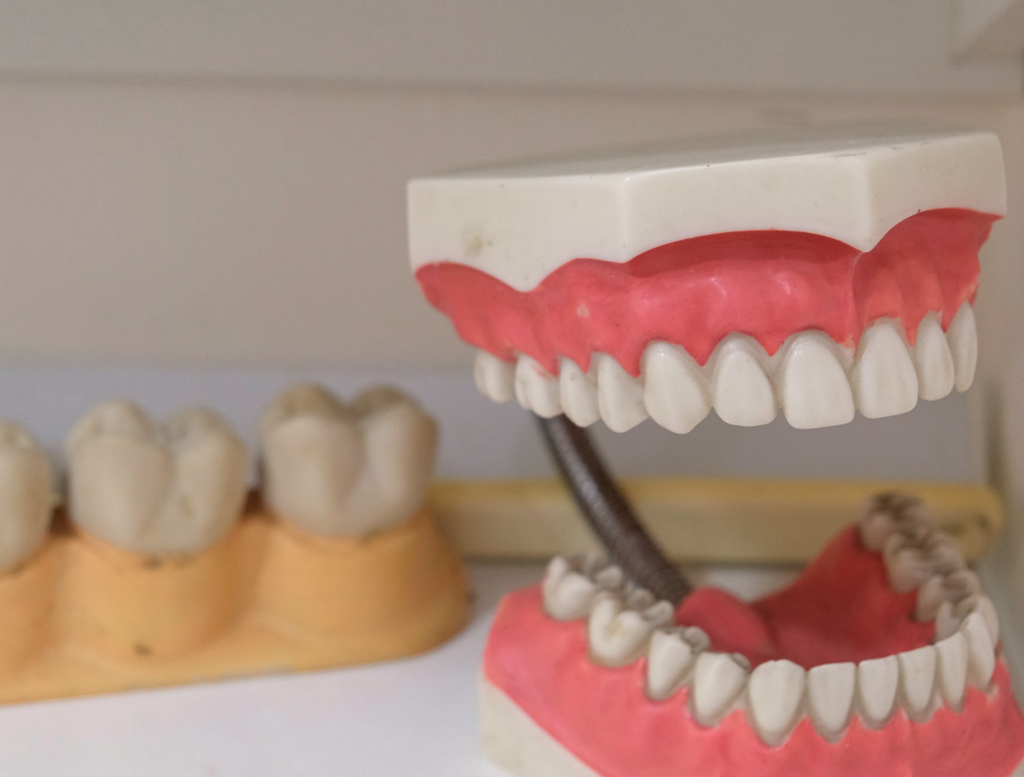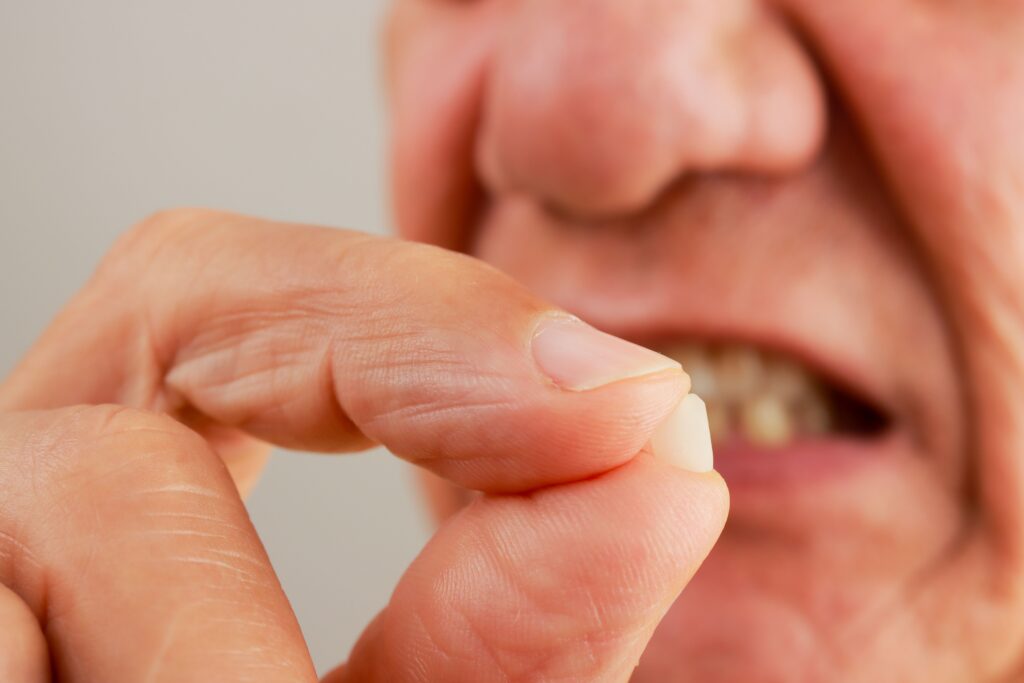When people think about cavities, it’s usually molars that come to mind. After all, those back teeth are the heavy lifters when it comes to chewing, and they naturally have more grooves for plaque to hide. But here’s the surprising truth—not only can cavities develop in your front teeth, but they can also have unique challenges and consequences. If you’re wondering whether front tooth cavities are something to worry about or what you can do to prevent them, you’re in the right place.
Front teeth, like every other tooth in your mouth, are vulnerable to decay. Whether it’s due to your diet, oral hygiene habits, or even your genetics, cavities can form when plaque and bacteria aren’t properly managed. Here’s a closer look at why front tooth cavities happen, how they’re treated, and tips to maintain a cavity-free smile.
How Do Front Teeth Develop Cavities?
Cavities can form on any tooth, front or back, when plaque builds up and bacteria produce acids that erode enamel. But cavities in the front teeth have some specific risk factors that make them stand out.
The Thin Enamel Factor
The enamel on front teeth, especially the incisors and canines, is thinner than the enamel found on molars. This makes front teeth more susceptible to damage, especially if plaque is left untreated or your diet includes a lot of sugary and acidic foods.
Acidic Foods and Drinks
Your front teeth are on the frontlines—not just in your smile but also in contact with many acidic foods and drinks. Soda, citrus juices, and even sports drinks can soften enamel and increase the risk of cavities. If you’re sipping a sugary drink over time or constantly enjoying acidic snacks, you’re giving bacteria the perfect environment to thrive.
Plaque on Display
Unlike molars, front teeth don’t usually have deep grooves. Instead, plaque tends to accumulate in plain sight, often near the gumline or between teeth. Proper brushing and flossing can prevent this buildup, but it’s easy to miss spots if you rush your routine.

What Does a Front Tooth Cavity Look Like?
Cavities in front teeth may look different from those on molars. Sometimes, you might notice small white spots, which are early signs of enamel weakening. Left untreated, these spots can turn brown or black. You might also see a tiny hole or feel sensitivity when eating or drinking something cold, hot, or sweet.
However, not all cavities are visible to the naked eye, especially those that form between teeth. This is why regular dental checkups and X-rays are so important for catching problems early.
How Are Front Tooth Cavities Treated?
If your dentist finds a cavity in your front teeth, don’t panic. Modern dental techniques make it easy to restore your tooth while keeping things looking natural.
Fillings
For small cavities, a tooth-colored composite filling can blend seamlessly with the rest of your smile. Your dentist will remove the decay, clean the area, and fill it to prevent further damage. Since the filling matches the color of your natural teeth, most people won’t even notice it’s there.
Crowns
If the cavity is more extensive, a dental crown may be needed. Crowns for front teeth are typically made from porcelain, which not only provides durability but also mimics the exact appearance of your natural tooth.
Fluoride Treatments
For the earliest stages of decay, fluoride treatments may be enough to restore enamel and stop the cavity in its tracks. Your dentist might recommend a professional fluoride application or high-fluoride toothpaste to strengthen your teeth.
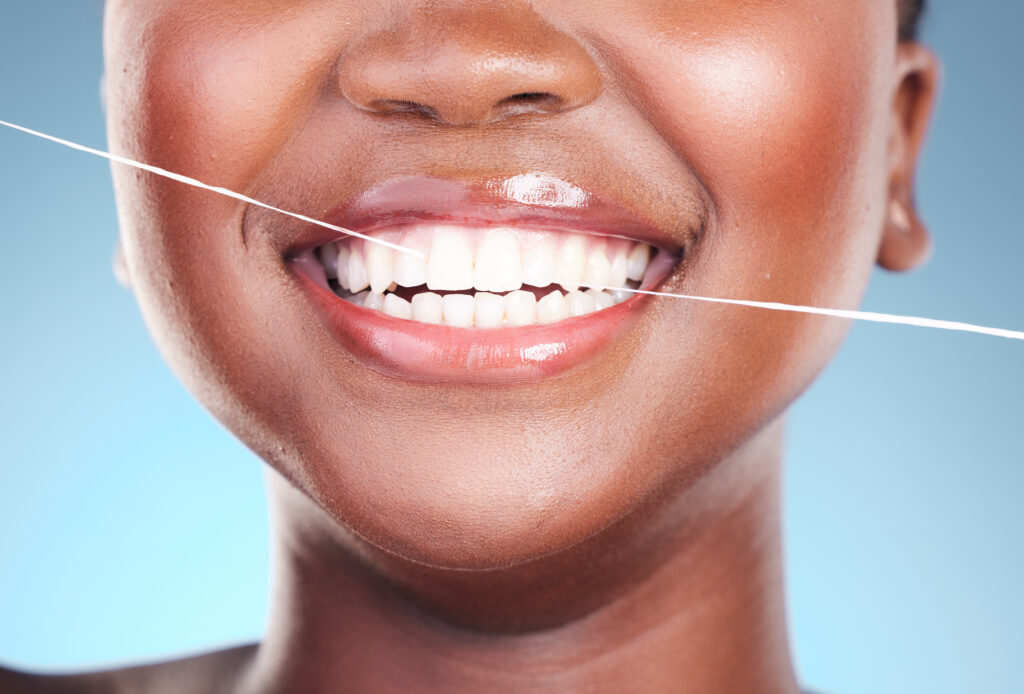
Preventing Cavities in Front Teeth
Prevention is always better than treatment, and keeping your front teeth cavity-free is simpler than it might seem. Here are some practical tips to keep your smile healthy and strong.
Stick to the 2×2 Rule
Brush your teeth twice a day for at least two minutes each time. Pay special attention to the fronts of your teeth and around the gumline. Use a soft-bristled toothbrush and a toothpaste that contains fluoride.
Don’t Skip Flossing
Flossing may seem like an extra step, but it’s essential for cleaning the tight spaces between your teeth where cavities can easily form. If traditional floss feels tricky, try floss picks or a water flosser for easier use.
Be Mindful of Your Diet
Limit sugary snacks and acidic drinks, as they can accelerate enamel decay. If you do treat yourself, rinse your mouth with water or brush your teeth soon after. You can also try using a straw when sipping sugary beverages to reduce contact with your front teeth.
Manage Dry Mouth
If you often feel like your mouth is dryer than it should be, it could increase your risk for cavities. Saliva is essential for neutralizing acids and washing away food debris. Drink plenty of water throughout the day, chew sugar-free gum, and ask your dentist about saliva substitutes if needed.
Visit Your Dentist Regularly
Even with a great home care routine, professional cleanings and checkups are key to catching problems early. Dentists can spot signs of decay that aren’t noticeable at home and provide preventative treatments like sealants and fluoride to protect your smile.
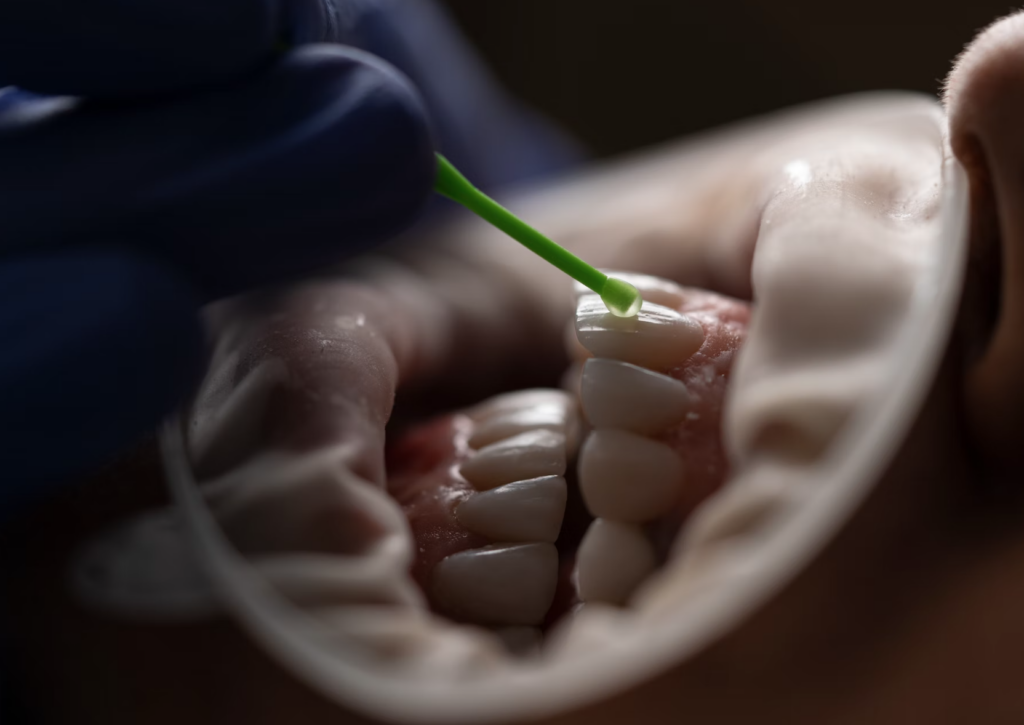
Unique Challenges with Front Tooth Cavities
Cavities on front teeth aren’t just a health concern; they can also impact your confidence since these teeth are visible when you talk or smile. Treatment goes beyond fixing the cavity; it’s also about restoring your smile’s appearance. This is why cosmetic options like tooth-colored fillings and porcelain crowns are frequently recommended for front teeth.
If you have braces or other orthodontic appliances, it can be especially challenging to clean around the front teeth. Your dentist or orthodontist may suggest special tools, like interdental brushes, to make cleaning easier during your treatment.
Family Tree Dental Is Here to Help
Whether you’re worried about a cavity in your front tooth or just want to stay ahead of potential problems, our team at Family Tree Dental is here to support you. With our blend of preventative care, restorative treatments, and cosmetic options, we can help you keep your smile both healthy and beautiful.
Located in Southeast Ohio, Family Tree Dental offers convenient locations in Marietta, Belpre, and Parkersburg, WV areas. Our experienced team is committed to making every visit relaxing and comfortable, so you can take care of your dental health without stress.
Have questions? Need to schedule a checkup? Contact us today and let’s keep that beautiful smile shining.
Schedule an Appointment
Find a Location Near You
Your smile deserves the best care, and we’re here to make that happen. Stay proactive, take care of your teeth, and remember—we’ve got your back (and your front teeth too).


